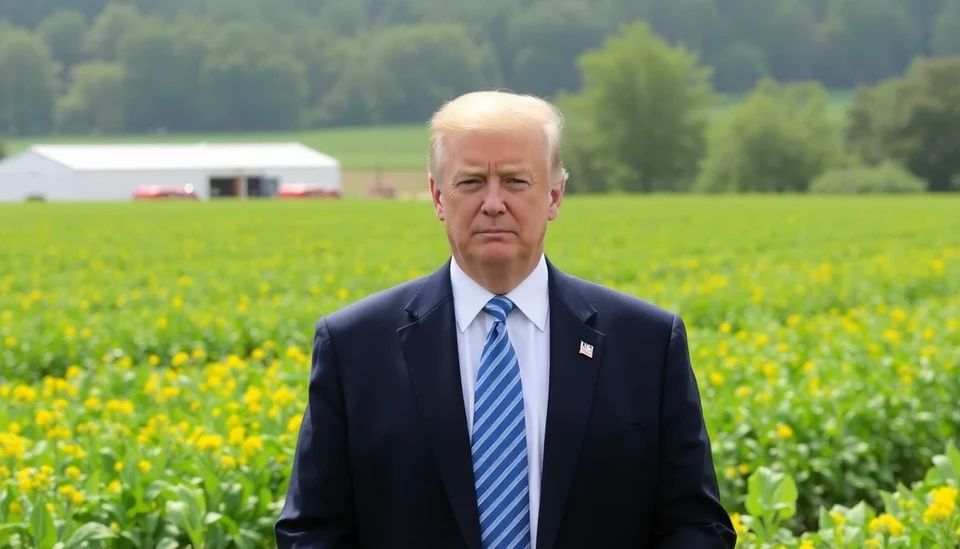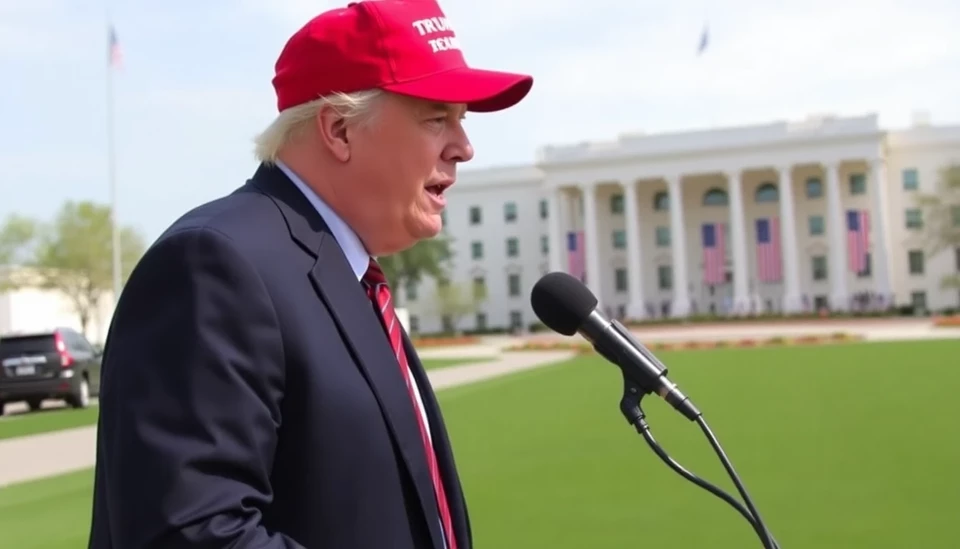
The nomination of Trump's pick for Secretary of Agriculture is rapidly becoming a focal point of contention in the Senate, particularly over the future of biofuels. As lawmakers gear up for the confirmation hearings, questions about the nominee's commitment to the biofuel industry and potential impacts on farmers are taking center stage.
The nominee, known for previously aligning with major agricultural interests, is now tasked with navigating a complex landscape where the biofuel sector and traditional agriculture can at times find themselves at odds. Biofuels, which have been promoted as a cleaner alternative to fossil fuels, play a critical role in reducing greenhouse gas emissions and promoting energy independence, but they also pose challenges for certain segments of the farming community.
Senators are particularly concerned about how the nominee’s policies will affect the Renewable Fuel Standard (RFS)—a regulation that mandates the blending of renewable fuels into transportation fuel. With the current landscape of energy policy tilting towards sustainability, the new agriculture secretary will have to balance the interests of corn growers who benefit from ethanol production with those of farmers whose crops may be sidelined by biofuel mandates.
Analysts predict that the nominee's confirmation hearings will delve into a range of topics, including their previous statements on biofuel subsidies, environmental impact assessments, and their vision for the future of agriculture amidst ongoing shifts in energy policy. The scrutiny could lead to a complicated confirmation process, especially given the highly polarized nature of the current Senate.
One of the key players in this confirmation battle is Senator Chuck Grassley from Iowa, a strong advocate for the biofuels industry. Grassley has stressed the importance of maintaining robust support for biofuel production, particularly as it relates to rural economies dependent on corn and soybean farming. He argues that any deviation from established support could have detrimental consequences for farmers and rural communities.
In contrast, other senators are raising alarms about the environmental implications of biofuels and how they relate to agricultural sustainability. They argue that while biofuels can contribute to energy security, the cultivation of biofuel feedstocks could lead to increased land use, impacting biodiversity and food prices.
As the confirmation hearings approach, the nominee has a delicate task ahead. Engaging with diverse stakeholders, addressing environmental concerns, and securing the backing of essential agricultural states will be paramount to their success. The outcome could also set a precedent for future policies affecting the agriculture sector as a whole.
Ultimately, the debate surrounding the agriculture nominee is not just about one person or their policies; it epitomizes the broader tensions in U.S. agriculture and energy policy, where the interests of traditional farming meet the demands for renewable energy solutions. Both sides will be watching closely, as the findings from these hearings may have a lasting impact on the agriculture industry.
As the political spotlight shines on the hearings, many in both the agriculture and energy sectors are eagerly waiting to see how the Senate will respond to the nominee's vision for America's agricultural future.
#TrumpNominee #Agriculture #Biofuels #SenateHearings #RenewableEnergy #SustainableFarming #RuralEconomy #EnergyPolicy
Author: Peter Collins




